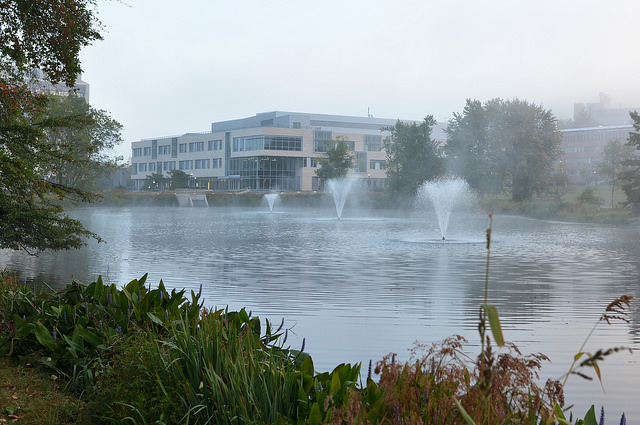When one thinks of the bystander effect, the story of Kitty Genovese usually comes to mind—the 1964 murder of a 28-year-old woman whose cries for help were heard by over 37 people, none of whom called the police. There was a psychological effect influencing the witnesses because, due to the fact that other people were around, their individual help was not needed. “I didn’t want to get involved,” reasoned one witness to the crime.
Bibb Latané and John Darley, the psychologists who helped initially define the bystander effect, attributed its cause to one’s belief that inaction of others must mean that there isn’t an emergency, and therefore placing the responsibility to call for help on the other individuals in the group.
With social media becoming a keystone to many of our lifestyles, the bystander effect has evolved with it. While our access to social media also provides us with access to research injustices and take action against it, the bystander effect can still virtually work against us. The variables that contribute to the bystander effect are amplified via the internet, because we are unable to see how others are physically reacting. A prime example of this occurred in 2017, when the sexual assault of a 15-year-old girl by five men was broadcasted on Facebook Live with over 40 viewers, yet no one called the police. Another Facebook Live video broadcasting the torture of a man with a mental disability in 2017 received plenty of disapproving comments on the video, yet no police calls. In response to the incidents, a Facebook statement assured users that there is “a team on-call 24 hours a day, seven days a week, dedicated to responding to these reports immediately.” Nonetheless, the video of the man being tortured was up for over 30 minutes before being taken down.
Countless other instances like this happen every day, and most of the time, as “digital bystanders,” we do nothing. While the case of the Chicago sexual assault was widely spoken out against, many videos epitomizing the bystander effect have been swept under the rug or worse, gone viral. Sites like World Star Hip Hop, known for accepting and publishing submissions of bystander-filmed clips of street violence, have capitalized on our unlikelihood to take action for those in need, and have thus created a market in which real-life violence is celebrated and shared.
The bystander effect has become more of an ethical debate than a legal one. Most states, including Massachusetts, have no general law stating that a bystander is mandated to help the victim of a crime. “It just disgusts me that people would look at those videos and not pick up the phone and dial 911…It makes you wonder, where are we going, what are we doing as a society?” said Chicago Police Superintendent Eddie Johnson in response to the Facebook Live sexual assault case. “We now have a window into what’s happening in communities where trauma, stress and violence are everyday occurrences, and so Facebook Live captures those moments, either inadvertently or advertently. What we now understand is that this observation and not knowing what to do, technology has not shifted that, it just puts a finer point on what we’re doing,” said Columbia University social work professor Desmond Patton.
What we are left with is a battle against our own psychological likelihoods. As access to witnessing crimes becomes, unfortunately, more common, it is our duty as digital users in modern day to take action. With a deluge of information upon us every time we open the internet, it’s important to pay attention to what we may not want to see and get involved. In instances such as the Chicago sexual assault case, many of the watchers may not have wanted to call the police in an attempt to not entangle themselves in the danger of the situation, but a victim’s life and wellbeing are more important than not wanting to become involved. Social media has changed the landscape for access to social justice immensely, but with great power comes great responsibility.
Lauren Sointu is a Collegian columnist and can be reached at [email protected].



















